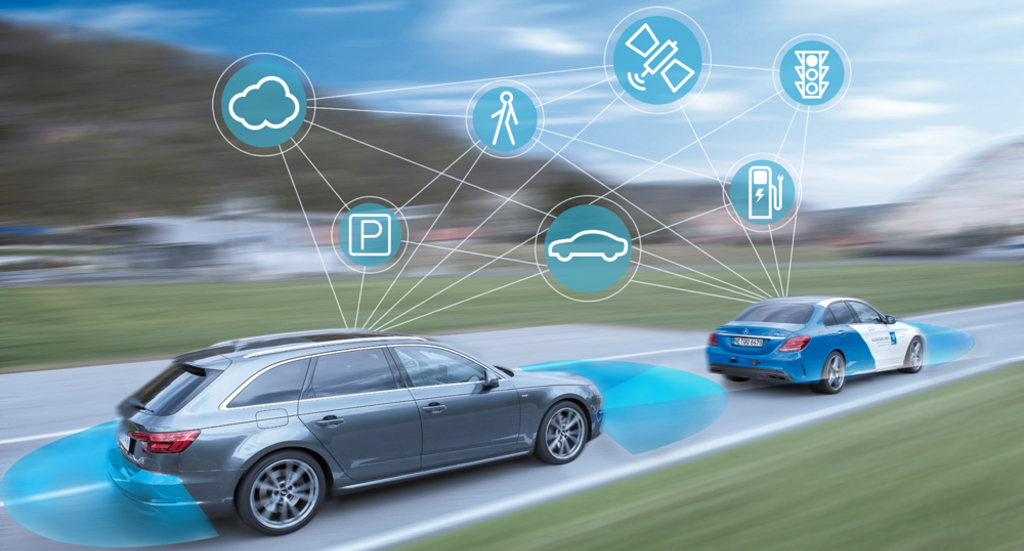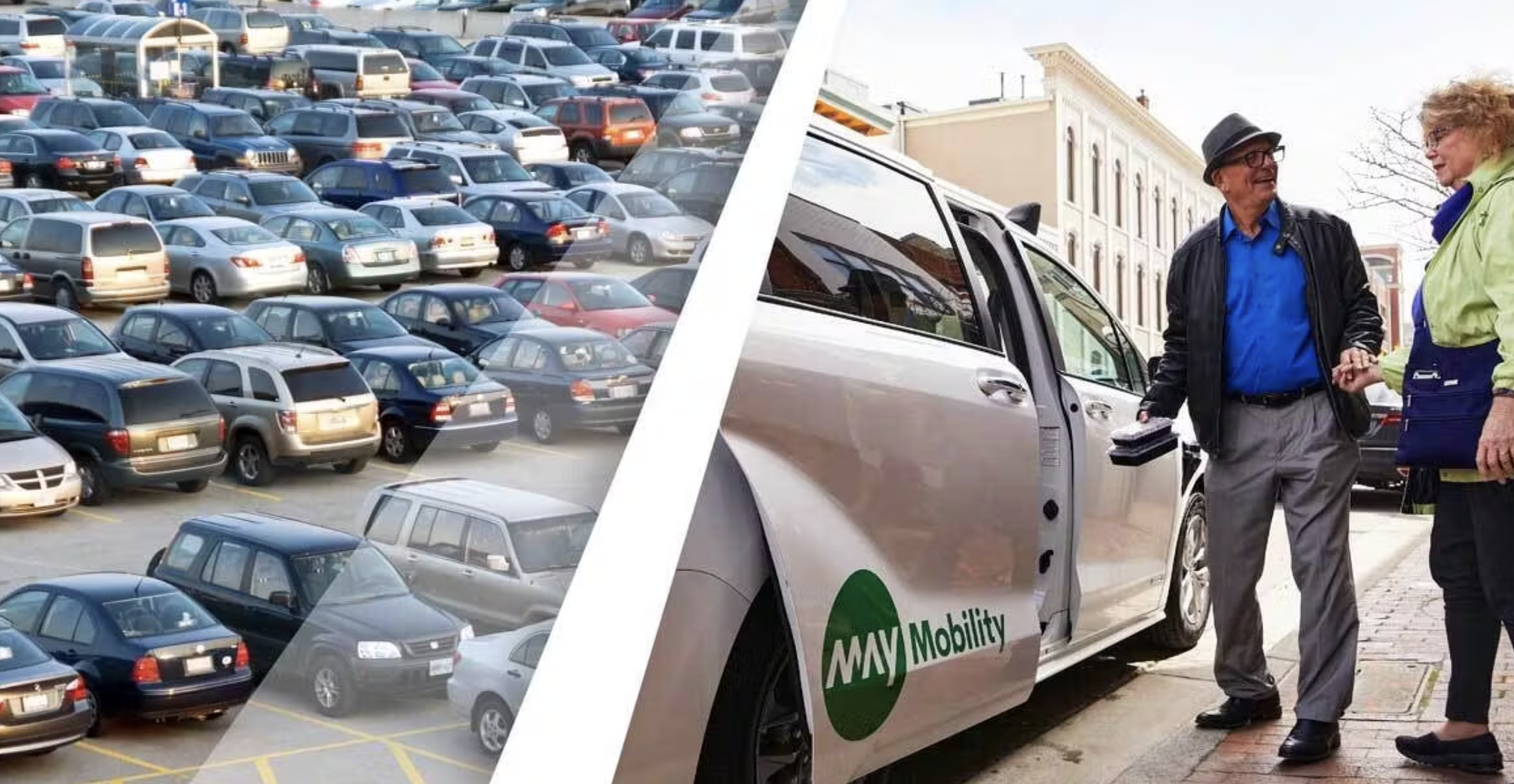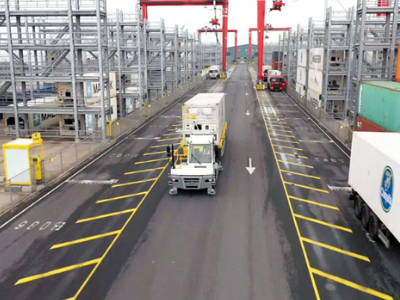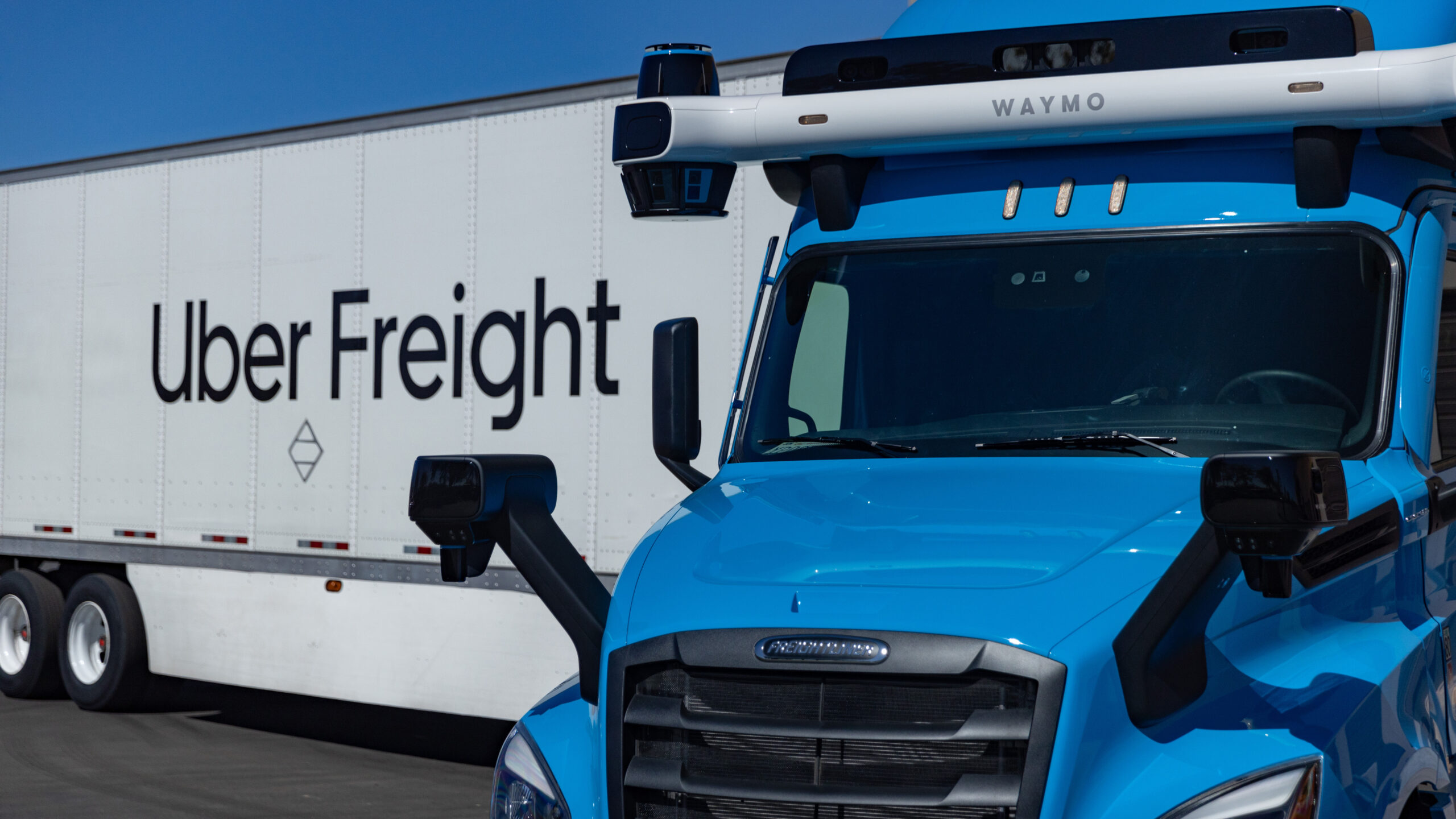The World Forum for Harmonization of Vehicle Regulations has amended UN Regulation No. 157 to extend the maximum speed for passenger cars and light duty vehicles using automated driving systems (ADS) to 130 kilometres per hour.
The amended regulation will come into effect in January 2023. In addition to increasing the current automated driving speed limit from 60 kilometres per hour to 130 kilometres per hour, the changes will enable ADS lane changes.
The data storage system for automated driving will record when the automated driving system is activated, as well as when a lane change is initiated by the system.

These developments build upon the adoption of the UN Regulation on Automated Lane Keeping Systems (ALKS) from June 2020, which was the first binding international regulation on Level 3 vehicle automation and which was extended to trucks, buses and coaches in November 2021.
The amendment was developed by the Working Party on Automated/Autonomous and Connected Vehicles (GRVA) and was guided by UNECE’s framework on autonomous vehicles. It sets out clear regulations for car manufacturers, including technical requirements and testing procedures.
Regulation No. 157 continues to state that ADS systems can only be activated under certain conditions on roads with a physical divider between traffic moving in opposite directions and where pedestrians and cyclists are prohibited. In addition, the driver must be able to override the systems and be available to regain control of the vehicle.










